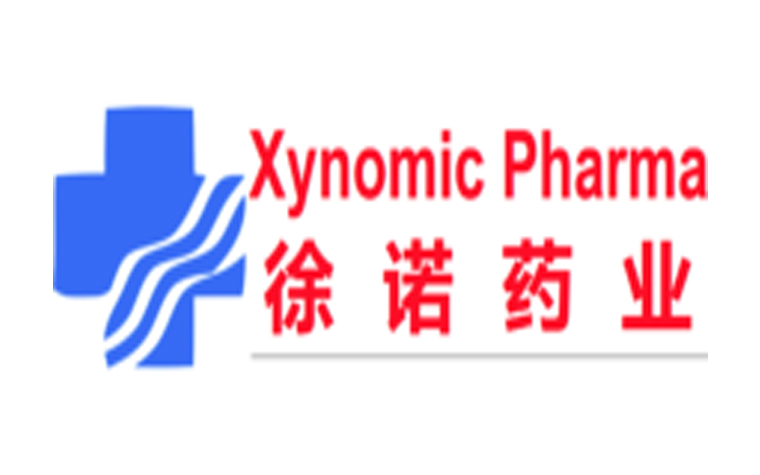Xynomic Pharma's has initiated a strategic partnership with the University of California San Francisco (UCSF) for a PAX Study – a multi-national, multi-center, randomized Phase 2/3 study of Pazopanib plus Abexinostat, as opposed to Pazopanib monotherapy in patients with locally advanced or metastatic renal cell carcinoma (RCC).
The study will be led by UCSF's Dr. Pamela Munster and Dr. Rahul Aggarwal and will use data from Xynomic Pharma’s Phase 1b study, which was sponsored by the National Cancer Institute and conducted at UCSF.
"Drs. Munster and Aggarwal's groundbreaking Phase 1b study in combining Abexinostat with VEGF inhibitors such as Pazopanib to treat metastatic solid tumors shows Abexinostat can epigenetically prime tumors and re-sensitize tumors to prior therapies,” Mark Xu, chairman and CEO of Xynomic, said in a statement. “The PAX Study, with expanded sites and larger patient population, is a key study that will bring us closer to regulatory approval in the US and other key markets.”
In the Phase 1b study, titled “Pazopanib Hydrochloride and Abexinostat in Treating Patients with Metastatic Solid Tumors,” 51 patients with metastatic solid tumors, including 22 RCC patients. Seventy percent of patients with Pazopanib-refractory disease saw durable tumor regressions.
"Through the new Xynomic partnership, we will work closely with regulatory agencies to plan out this important Phase 2/3 trial, which could accelerate the development and potential approval of Abexinostat as the first epigenetic drug treating solid tumors," Munster, a UCSF professor of medicine, said











 Alerts Sign-up
Alerts Sign-up